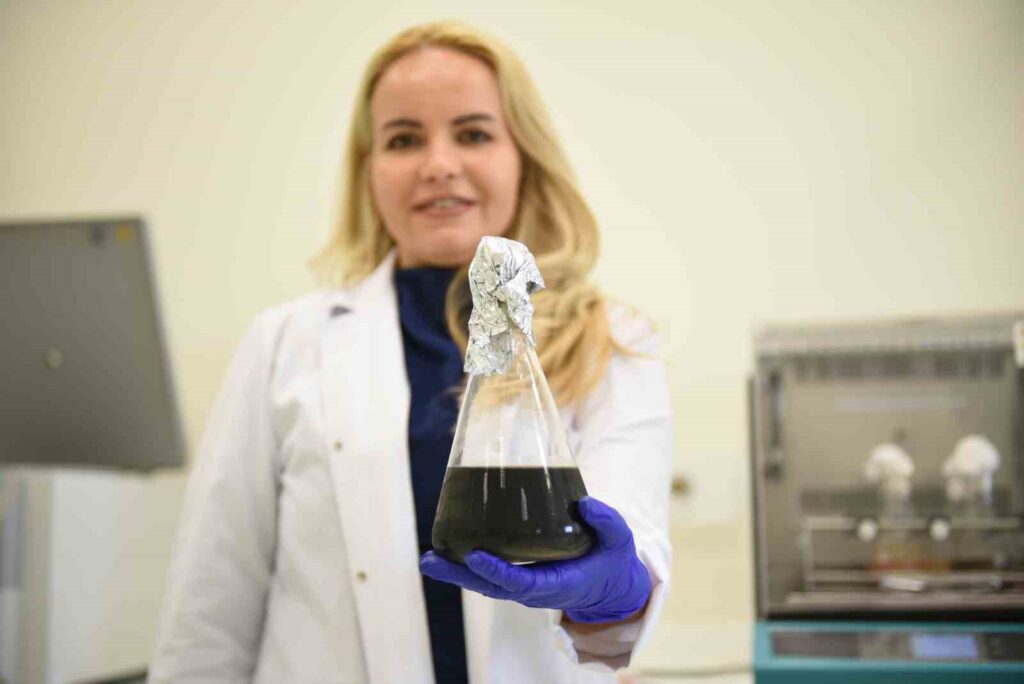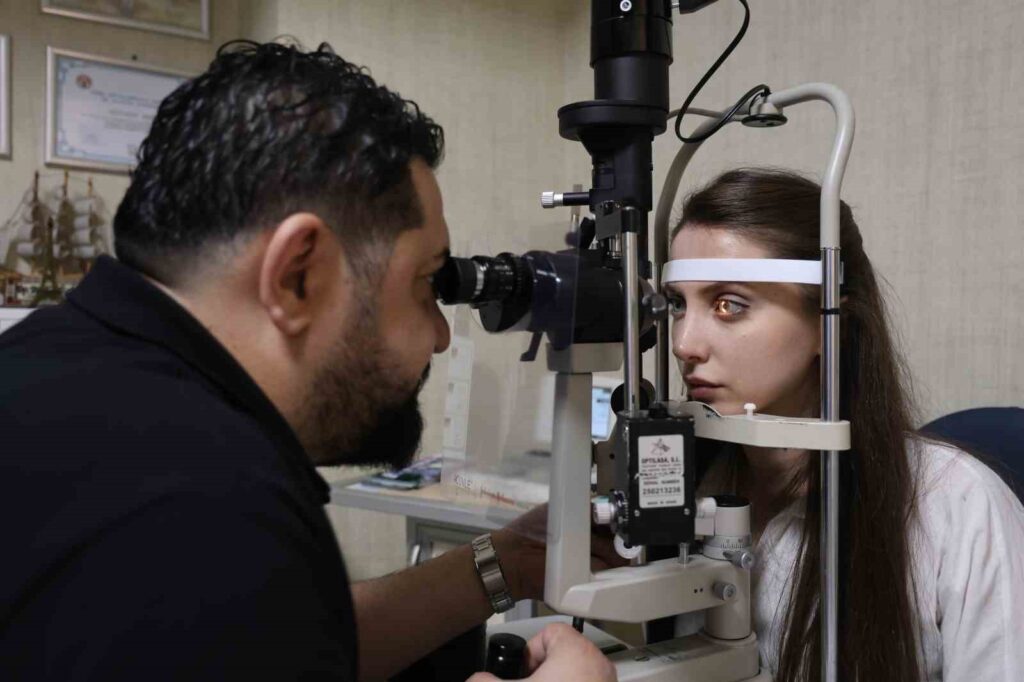Liver fat accumulation can lead to cirrhosis and cancer
Associate Professor Dr. Muhammed Fatih Karakaya, Gastroenterology Specialist at Medicana International Ankara Hospital, stated that type 2 diabetes, high cholesterol, alcohol consumption, and liver steatosis are among the main causes of cirrhosis and cancer. He emphasized that a healthy lifestyle, balanced nutrition, regular exercise, and avoiding harmful habits are crucial in preventing these diseases.

Associate Professor Dr. Muhammed Fatih Karakaya, Gastroenterologist at Medicana International Ankara Hospital, stated that type 2 diabetes, high cholesterol, alcohol consumption, and fatty liver leading to cirrhosis and cancer are among the main causes.
Fatty liver, which is rapidly increasing worldwide, continues to threaten public health as a result of modern lifestyle. Fatty liver, which can remain at a simple level due to poor eating habits, sedentary lifestyle, and some diseases, is also shown in studies as the most common cause of cirrhosis.
Associate Professor Dr. Muhammed Fatih Karakaya, Gastroenterologist at Medicana International Ankara Hospital, mentioned that fatty liver often does not show symptoms and emphasized that this condition increases the risk of liver cancer and other cancers related to metabolic syndrome and cardiovascular diseases.
The risk varies according to the level of fat accumulation. Fatty liver is defined as an excessive accumulation of fat in the liver. Dr. Muhammed Fatih Karakaya stated that not every patient with fatty liver is in the same risk group. While there is liver enlargement in the group called simple fatty liver, inflammation (steatohepatitis) caused by the accumulated fat in liver cells and resulting in damage can lead to cirrhosis in the advanced process.
Poor nutrition and sedentary lifestyle increase fat accumulation. Dr. Muhammed Fatih Karakaya emphasized that fatty liver is actually a reflection of excess weight and fat in the liver and explained the reasons as follows: ‘Although alcohol is an important factor among the causes, non-alcoholic fatty liver is much more common. In patients with non-alcoholic fatty liver, incorrect nutrition, insulin resistance, obesity, and high triglycerides are usually observed. This presents a significant health problem in our era and is referred to as ‘metabolic syndrome.’ Another important issue in patients with non-alcoholic fatty liver is a sedentary lifestyle. Regarding poor nutrition in fatty liver, a diet rich in carbohydrates, sugary, and processed foods can lead to fatty liver. Rare causes of fatty liver include thyroid diseases, medications, genetic diseases, and rapid weight loss due to prolonged fasting.’
Fatty liver progresses without symptoms. Dr. Karakaya stated that fatty liver often does not show symptoms and is usually detected through blood tests and ultrasonography performed for another reason. He also mentioned that in some patients, symptoms such as a feeling of fullness and pain in the upper right quadrant, fatigue, weakness, itching, and decreased exercise capacity may occur. Karakaya added that signs of cirrhosis can also be seen in advanced cases.
The most important cause of cirrhosis. Karakaya stated that fatty liver over the years can develop into a hepatitis picture that can lead to liver cirrhosis, and with the effective treatment of viral hepatitis, fatty liver has become the most common cause of cirrhosis. He also emphasized that fatty liver increases the risk of liver cancer and other cancers related to metabolic syndrome and cardiovascular diseases.
Alcohol consumption should be stopped, and a healthy lifestyle should be adopted. Associate Professor Dr. Karakaya underlined that the basic principle in the treatment of fatty liver is to quit alcohol and lose excess weight. He continued his speech as follows: ‘Diabetes and high cholesterol, which are frequently associated with fatty liver, should be treated and kept under control. The primary treatment of fatty liver and metabolic syndrome is losing excess weight. For this, a diet low in carbohydrates and avoidance of foods containing simple sugars are recommended. In addition, at least 30 minutes of exercise at least 5 days a week is recommended. Lifestyle changes are necessary to lose weight, but in addition, we see improvement in fatty liver with effective weight loss through endoscopic methods.
There are many studies on the treatment of fatty liver with various drugs and molecules worldwide. However, many drugs do not show the desired effect on fat accumulation based on real-life data. The treatment containing resmetirom, newly approved by the FDA in the United States, provides regression in liver fat accumulation and improvement in damage caused by fat accumulation (fibrosis). Although this treatment is not currently available in our country, it is anticipated that this treatment can be applied in our country in the near future.







